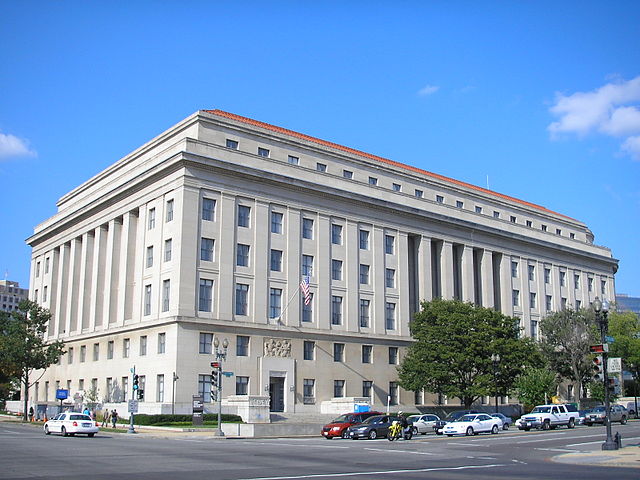
FTC Abandons Consumer Welfare Standard With Latest Lina Khan Edict
According to media reports, Lina Khan’s FTC intends to make “make wider use of its 1914 founding statute to police anticompetitive behavior by companies in the internet age.” At first glance, increased antitrust enforcement against anticompetitive behavior does not seem objectionable. However, a deeper dive into the FTC’s latest policy statement reveals that Khan wants to abandon the consumer welfare standard in favor of a “big is bad” approach to antitrust regulation.
Rather than employ the consumer welfare standard, which has served as the FTC’s antitrust orthodoxy since the late-70s and has greatly reduced prices and increased quality and competition, the FTC seems to have adopted a far more questionable approach. Chair Khan has stated that a new “policy, which re-asserts Section 5 of the FTC Act, will effectively reactivate the FTC’s authority to police conduct, especially in online markets.” Additionally, the policy will begin allowing the Commission to resolve concerns surrounding the ability for firms operating in digital markets to realize “a real premium” for being the first to establish themselves in their respective industries.
According to the aforementioned Bloomberg article, the new policy will permit the commission “to tackle behavior that traditional antitrust laws have had trouble addressing, for example when a series of acquisitions, each of which would appear fine on its own, represent an anticompetitive consolidation when combined.” Moreover, the policy affirms that “the commission doesn’t need to demonstrate harm solely from unfair activities, but can focus on “negative consequences” such as reduced choice.” Unlike other FTC laws, this new policy “doesn’t require showing a company’s power in a given market” but instead requires “enforcers [to] … show a negative impact on competitive conditions.”
This new policy was approved 3-1 by the commission with the only dissenter being the commission’s sole Republican commissioner Christine Wilson. The policy’s ambiguity with regards to its standard for anticompetitive behavior opens the door for greater FTC policing of successful American tech companies who have increased the access for – and quality of – their digital platforms. Many experts in the field of antitrust policy believe that the FTC’s adoption of this new policy falls in line with Chair Khan’s history of arguing that the commission’s “authority is open-ended.”
Commissioner Wilson’s tenure at the FTC has been marked by her service as a bulwark against Chair Khan’s activist agenda. Time and time again, Commissioner Wilson has proven herself to be an effective and committed advocate for the consumer welfare standard which focuses antitrust regulation on protecting consumers, not the political whims of unelected bureaucrats. By contrast, Chair Khan’s push for the adoption of this new policy is in line with her persistent and stubborn record of pushing for a revival of the “big is bad” hipster antitrust approach.
Rather than pursue cases pertaining to the reduction of consumer welfare because of anti-competitive behavior, this new policy expands the scope of the FTC and permits them to investigate firms for simply engaging in economies of scale, price reductions, and output expansion. This policy is an unsettling return to an antiquated and flawed standard once upheld by the FTC and must be contested if we are to maintain a dynamic and modern economy.
Commissioner Wilson’s continued dissent against the increasingly partisan agenda of the FTC is something that should be heralded and commended. It is crucial that the FTC continue to uphold the consumer welfare standard, otherwise the competitive nature of the American economy will be jeopardized by regulator-activists whose ancient approach to antitrust does not “give teeth” to the FTC, despite what Chair Khan may claim. Instead, this approach will simply compromise the welfare of American consumers and the efficiencies of America’s robust economy.
